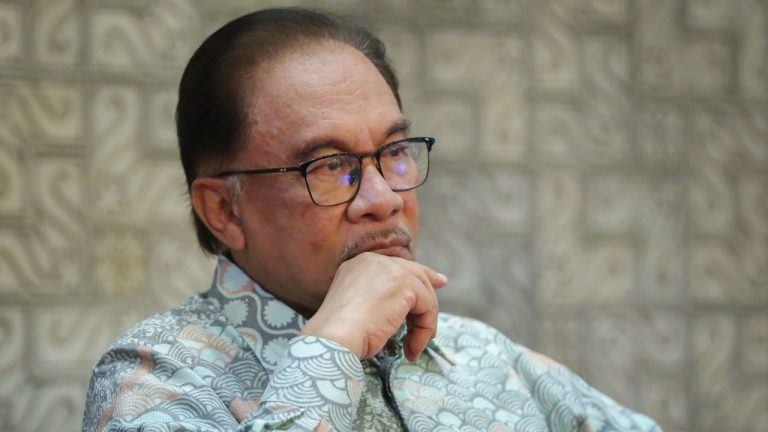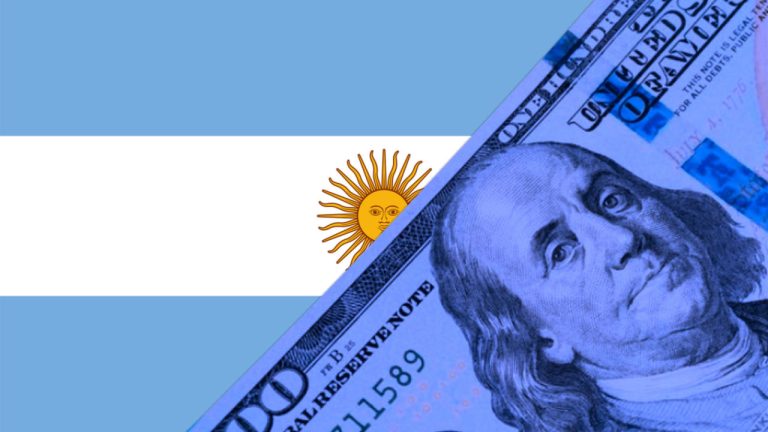
The Argentine president, inaugurated on Dec. 10, has promised to disband the country’s central bank but hasn’t made any official commitment to introduce Bitcoin-friendly legislation.
After libertarian Javier Milei was sworn in as president of Argentina on Dec. 10, the local crypto community is hoping he’ll keep some of his most radical promises and take the country to the same level of crypto adoption as his counterpart Nayib Bukele did in El Salvador.
On the day of his inauguration, Latin American outlet Cryptonoticias published “three requests to Milei from the Bitcoin (BTC) community.” The vice president of the non-governmental organization Bitcoin Argentina, Camilo Jorajuría, called for Milei to respect the privacy of his people and not introduce the “draconian measures” of the Financial Action Task Force (FATF).
Related: Milei vowed to close Argentina’s central bank — But will he do it?













